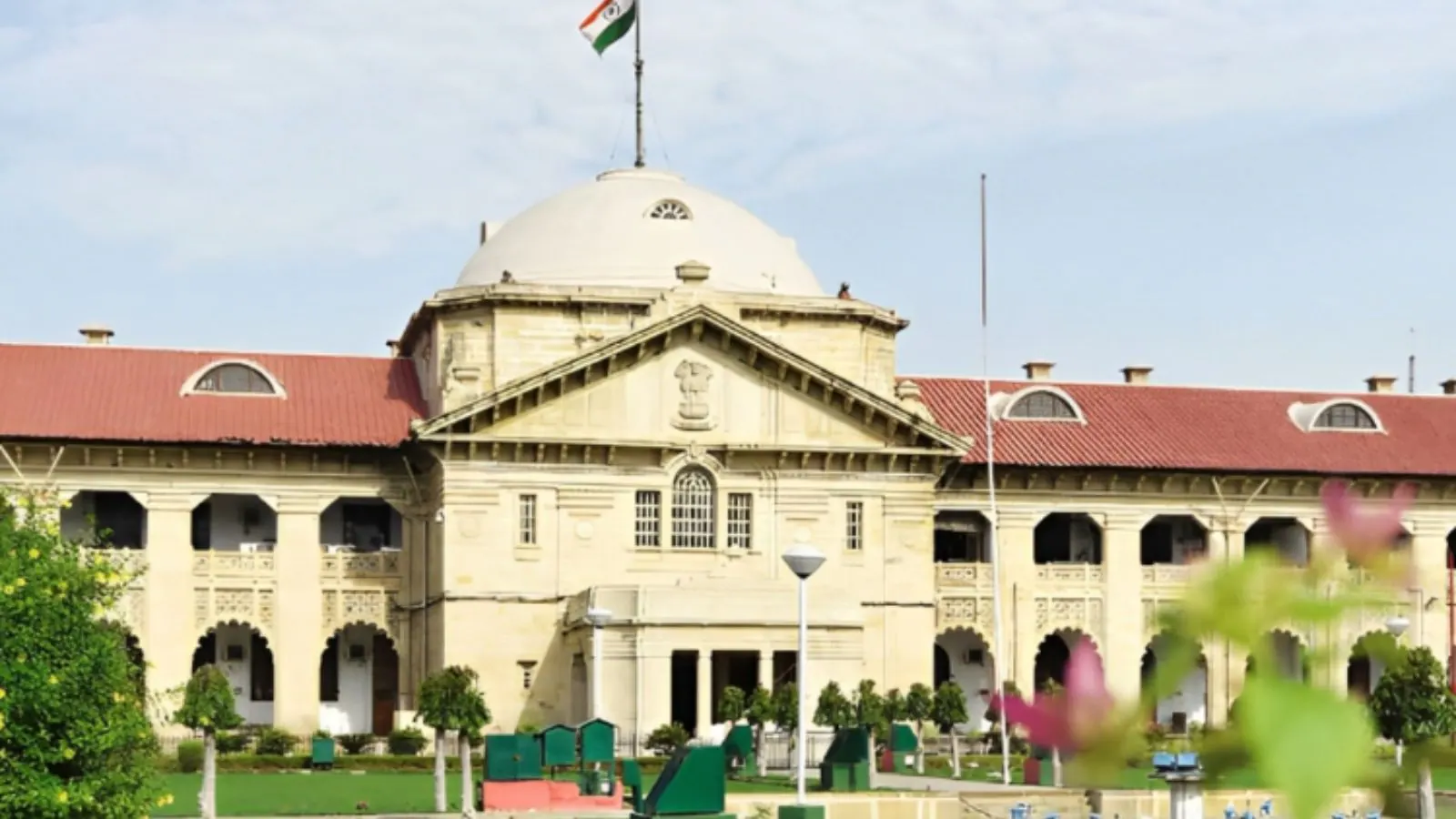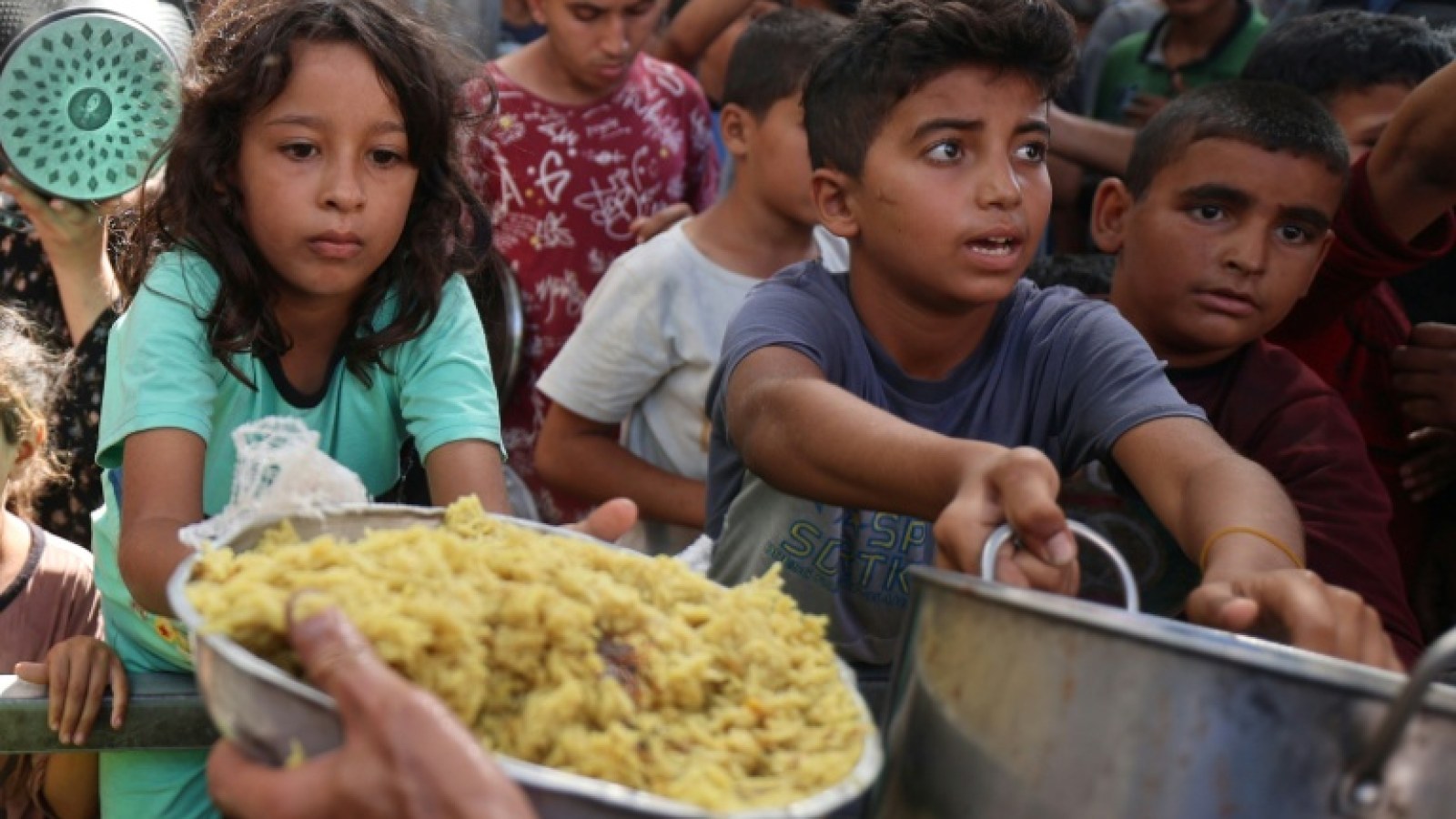Copyright news18

The Allahabad High Court recently refused to allow a 17-year-old girl, who is also a mother, to stay with her in-laws, observing that doing so could expose her to continued physical relations with her adult husband. The court said the girl, who was a minor at the time of her marriage, must remain in the custody of the state until she turns 18. A division bench of Justice JJ Munir and Justice Sanjiv Kumar passed the order on October 9, while deciding a habeas corpus petition filed by the girl (‘A’) and her newborn. The petition sought the girl’s release from the Rajkeeya Bal Grih (Balika) in Kanpur Nagar, where she has been lodged since July following the registration of a criminal case against her husband. According to the petition, the girl married one Mukesh of her own will on July 3, 2025, and gave birth to a child less than two weeks later on July 14. However, her high school certificate revealed that she was born on October 5, 2008, making her a minor at the time of marriage. Acting on a complaint filed by her father, the police registered an FIR under Section 137(2) of the Bharatiya Nyay Sanhita (BNS), 2023, which criminalises kidnapping. Mukesh was arrested on July 22, the same day the girl was produced before the Child Welfare Committee (CWC). Before the CWC, she stated that she wanted to live with her husband and not with her parents, claiming that returning home would put her life at risk. The CWC, however, placed her in state care, directing that she be housed at the Rajkeeya Bal Grih. During the hearing, the petitioners’ counsel argued that the girl’s marriage was voluntary and based on mutual consent. He relied on the Supreme Court’s judgment in KP Thimmappa Gowda v. State of Karnataka (2011), where consensual sexual relations with a girl above 16 years were not considered rape. Rejecting this submission, the high court said the law had since evolved and that the earlier interpretation was no longer applicable. Referring to Section 63(vi) of the BNS, which replaced Section 375 of the Indian Penal Code, the court noted that the age of consent under the new law is 18 years, and that any sexual act with a woman below this age amounts to rape, irrespective of consent or marriage. “The submission based on earlier case law is away from the present statutory context and of no assistance,” the bench said. It added that allowing the girl to live with her in-laws could not be permitted as there would be no way to ensure that physical relations with her adult husband do not continue. The court observed that permitting cohabitation between a minor and a major would attract provisions of the Protection of Children from Sexual Offences (POCSO) Act, which provides for stringent punishment for sexual contact with minors. While upholding her continued stay at the shelter home, the court acknowledged the petitioner’s circumstances as a minor mother caring for a newborn. It allowed her mother-in-law to visit regularly to provide emotional support but prohibited her from bringing food or other items. The bench also issued directions to safeguard the health and welfare of the girl and her child. It ordered the Chief Medical Officer, Kanpur Nagar, to ensure that a doctor and paediatrician visit them at least twice a month. The District Judge, Kanpur Dehat, was directed to assign a senior lady judicial officer to visit the shelter twice every month and report to the court on compliance and living conditions. The court made it clear that the girl would be released only upon attaining majority. “That liberty would come to the first petitioner on 05.10.2026; not earlier,” the bench stated.



